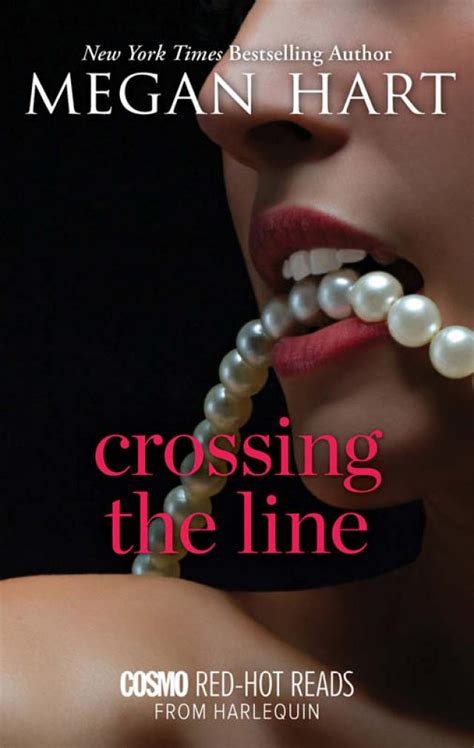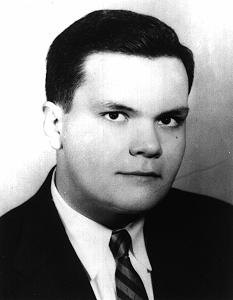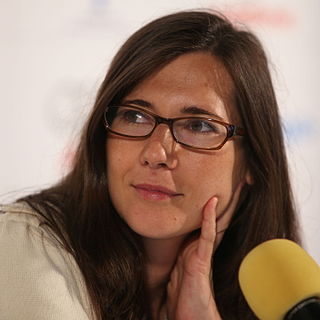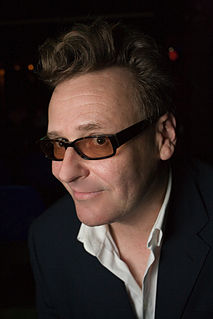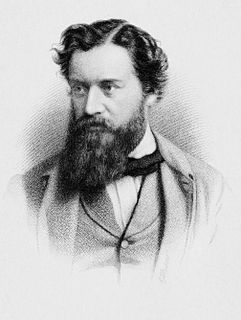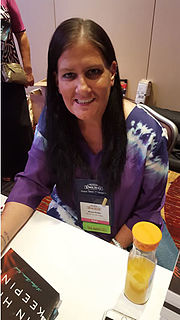A Quote by David Nicholls
Emma was a shocking driver, simultaneously sloppy and petrified, and for the first fifty miles had been absent-mindedly driving with her spectacles on top of her contact lenses so that other traffic loomed menacingly out of nowhere like alien space cruisers.
Related Quotes
He hadn’t been her first lover or the first boy to give her an orgasm. He hadn’t even been the first she’d loved. He’d been the first to turn her inside out with something as simple as a smile. The first to make her doubt herself. He’d taken her deeper than anyone ever had, and yet she hadn’t drowned.
Psycho? The woman's senile. We had to stop at about thirty gas stations on the way over here. Finally I got tired of getting out of the car and showing her which was the Men's and which was the Women's, so I let her pick them herself. I worked out a system. The law of averages. I laid money on her and she came out about fifty-fifty.
Before her marriage she had thought that she had love within her grasp; but since the happiness which she had expected this love to bring her hadn’t come, she supposed she must have been mistaken. And Emma tried to imagine just what was meant, in life, by the words “bliss,” “passion,” and “rapture” - words that had seemed so beautiful to her in books.
Rage-the biggest, truest rage of her adult life-had invaded her like a fever, but it wasn't like any fever she had known previously. It circulated like weird serum, cold on the right side of her body, then hot on the left, where her heart was. It seemed to come nowhere near her head, which remained clear.
It was a fine fall morning in Paris, crisp and clear, and Benji was quite full of himself, cavorting near the fountain, playing with the children who had inexplicably materialized out of nowhere at the first whiff of a movie star. Their faces radiated and they took turns gently stroking his head. Those Benji chose to favor with a big sloppy lick exploded with laughter, and one young girl ran to her mother, screeching in French that she would never wash her face again.
At that moment a very good thing was happening to her. Four good things had happened to her, in fact, since she came to Misselthwaite Manor. She had felt as if she had understood a robin and that he had understood her; she had run in the wind until her blood had grown warm; she had been healthily hungry for the first time in her life; and she had found out what it was to be sorry for someone.
Madame Bovary is one my favorite novels. Emma Bovary will always be an enigma, but as the years pass, I feel that I understand her better. She has a violent nostalgia, almost an infantile nostalgia, to be understood by the men surrounding her. I like her relentless fight for independence, her rebellion against the mediocre, and her quest for the sublime, even if she burns her wigs in the process. I like that Flaubert never judges her morally for her self-destructiveness, for her desperate attempt to satisfy her wildest desires and appetites.
And yet, standing behind her son, waiting for the traffic light change, she remembered how in the midst of it all there had been a time when she'd felt a loneliness so deep that once, not so many years ago, having a cavity filled, the dentist's gentle turning of her chin with his soft fingers had felt to her like a tender kindness of almost excruciating depth, and she had swallowed with a groan of longing, tears springing to her eyes.
Emma dropped the paper. Her first impression was of a weak feeling in her stomach and in her knees; then of blind guilt, of unreality, of coldness, of fear; then she wished that it were already the next day. Immediately afterwards she realized that that wish was futile because the death of her father was the only thing that had happened in the world, and it would go on happening endlessly.


